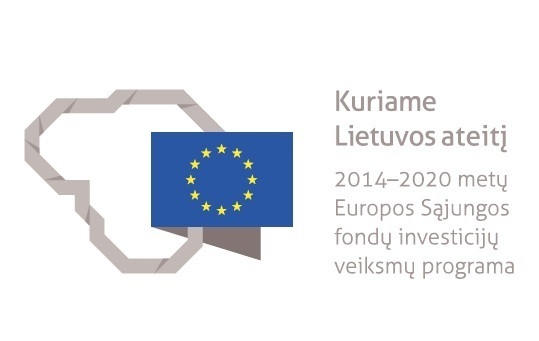Covid – 19 is slowly changing textile industry: from „fast fashion” to sustainability and responsibility
The COVID – 19 pandemic has created unparalleled challenges for the textile industry, including the shift of consumer needs and disrupted supply chains. This situation is forcing the industry to pay attention to changing needs of the consumer and look for greener and sustainable supply chains.
“The post-pandemic period was a kind of a ‘green’ wake-up call for all of us. What we have experienced made us realize that everything in nature is interconnected, and this is something we need to remember from now on. Consumers now want to be reassured that the products they buy are made responsibly throughout every step of the process, from the raw materials down to the final product”, – says Andrea Rosso, Diesel.
Global demand for textiles for various end-user applications has made natural fibers scarce and more expensive. The pandemic and growing consumer awareness of their purchases and impact of garment production also added to global brands search for better options, including decisions for sustainability challenges, renewable and recycled fibers, and better production processes.
The evidence of the positive impact of the global pandemic on the textile industry and change from “fast fashion” to more sustainable choice comes from Zalando, the European online fashion platform. It reported that more and more customers are choosing sustainable fashion rather than “fast fashion” brands. Total customers increased by almost 30% in March 2020 (Zalando, 2020; Ecotextile News, May 2020).
During the pandemic, many “fast fashion” brands were under fire for their unsustainable approaches and using sales to attract more customers. Fast fashion brand H&M also announced the closure of roughly 70% of its stores worldwide. The British Trade Union has reported that they received many reports that ASOS workers felt unsafe at their workplace which has been branded as a „cradle of disease”.
COVID – 19 and quarantine made people stay at home more than ever, because of this consumer views on shopping changed. People became aware of lack of care for sustainability, textile waste, lack of concern for workers wellbeing, and overall, the way fast fashion is produced.
Cluster LATIA Export Development is also aiming for sustainability and to tackle fast fashion trends. Cluster is trying and developing a product line that will be sustainable, functional, and ergonomic and will be represented in foreign countries. All members of the cluster are presenting their production with a certain product.


